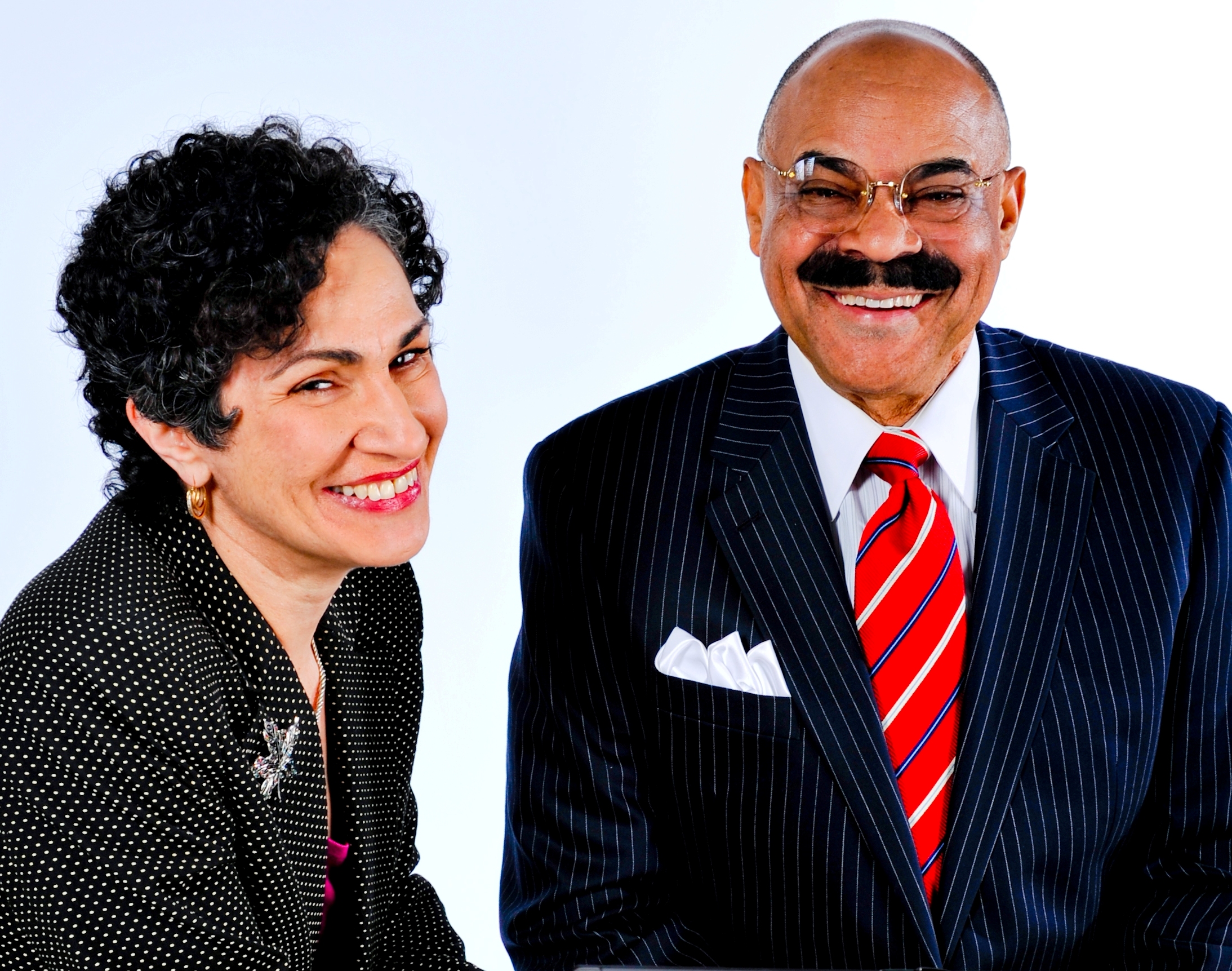Recent columns have focused on questions for employers to ask prospective fundraising employees, and questions for interviewees to ask their interviewers. Our goal: to help all parties understand the critical role of fundraising professionals and what it takes for them to be successful. As a nonprofit executive – or as the person in charge of fundraising for an organization – you need to know what to look for in a candidate when hiring. And, as a fundraising professional you have to know how to ask questions that will reveal whether or not you are joining a fundraising team or
if you will be expected to be a miracle worker.
A number of readers reached out to us in past weeks, sharing reactions to these columns along with true confessions. We heard from a development director looking for work because the new executive director doesn’t know fundraising and doesn’t know strategic planning. Another confessed he really hadn’t given his all in his prior position: he never felt a part of the team. Through our work we have heard a common plea from executive directors and board members who talk with us about their staff, asking in exasperation “why don’t they just raise the money?”
Given that it’s NBA playoff season we offer the analogy of basketball. Consider these comparisons.
Great basketball players go beyond scores and defense and are known for how well they elevate the play of their fellow team mates. Think of superstars such as Michael Jordan, LeBron James, Magic Johnson, Larry Bird, Oscar Robertson. The list is long. Point guards such as the Warrior’s Steph Curry, the Clipper’s Chris Paul and the Spur’s Tony Parker make sure the strengths of each player are brought to the game.
In fundraising it’s the same. Sure there are superstar vice presidents and development directors who exceed fundraising goals year over year. But are they leading a fundraising team? Some are, but some hog the ball, becoming a one person team. These fundraisers don’t take the time to invest in their team members. Think about it: do all members of your team have a chance to play,
or are some left consistently sitting on the bench? And, what happens when your top people leave?
A fundraising superstar engages the key players. As the chief fundraising officer he or she is the “play maker,” setting things in motion. He or she takes the time to learn the strengths of team members and figure out how to best deploy these. Fundraising team members include the chief executive or president, board chair, development chair, chief operating officer, chief finance officer,
the data management and administrative team, researchers, and proposal writers. All these individuals need to be in motion, working the game plan.
More next week.
Copyright 2015– Mel and Pearl Shaw
Mel and Pearl Shaw position nonprofits, colleges and universities for fundraising success. For help with your fundraising visit www.saadandshaw.com or call (901) 522-8727.







